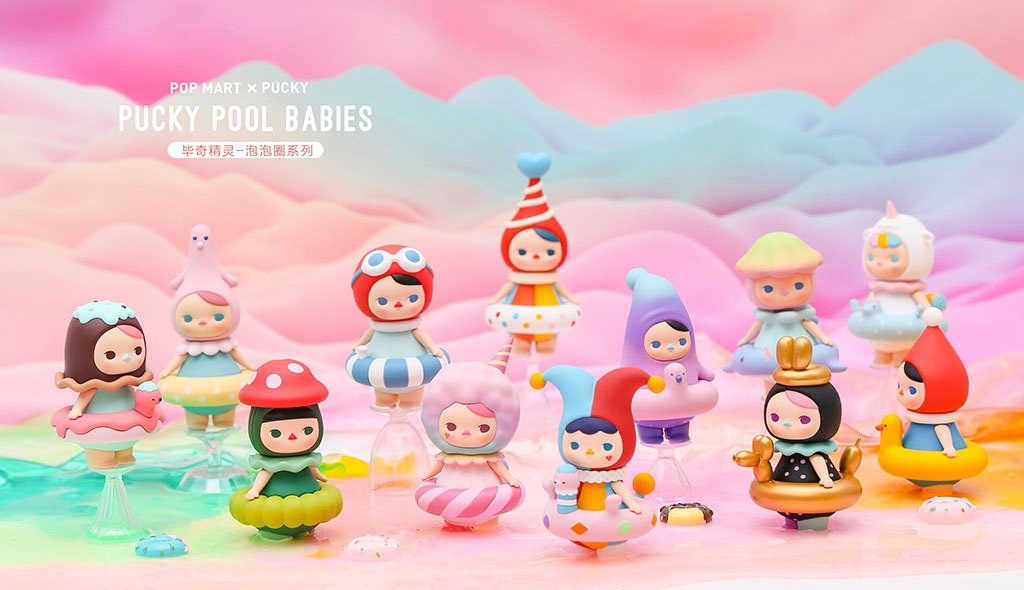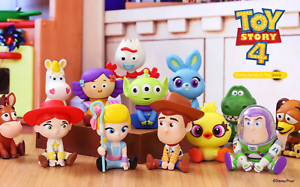
1) Let's talk about something that a lot of people find weird and don't get.
Pop mart
It's a $14 billion dollar company that sells miniature figurines in 'blind' boxes. So called as you don't know what you're getting until you open it.
Yeah, that's all they sell
Pop mart
It's a $14 billion dollar company that sells miniature figurines in 'blind' boxes. So called as you don't know what you're getting until you open it.
Yeah, that's all they sell

2) Pop mart started as a lifestyle shop in 2010 and initially sold a range of home goods, beauty and toys. But it struggled to find a niche.
As the end of year tally came in, a figurine toy sold more than any other items in the store. The team decided to pivot.
As the end of year tally came in, a figurine toy sold more than any other items in the store. The team decided to pivot.
3) The proposition for Pop Mart is blindingly simple. You go to one of its numerous vending machines, shops or online stores and for a not so cheap $9 dollars, buy a boxed figurine. You only know the set it is part of, but not the precise figure you're getting
4) The odds of getting all the figurines are not equal - a rare one has a 1/144 chance of being in the box.
The typical buyers are typically 18-35 white collar workers in top tier cities and they are 75% female.
So what's the appeal?
The typical buyers are typically 18-35 white collar workers in top tier cities and they are 75% female.
So what's the appeal?
5) I'll give my takes from mild to spicy.
Mild: This is a generation of Chinese millennials finding their own way of self expression. The figurines are well crafted, cute and affordable.
The blind box element adds a note of surprise to the whole affair.
Mild: This is a generation of Chinese millennials finding their own way of self expression. The figurines are well crafted, cute and affordable.
The blind box element adds a note of surprise to the whole affair.

6) Medium: This is effectively disruption of the traditional pricey anime figurine market that's been popular with weebs around the world.
The desire to collect is human nature and Pop mart has savvied tapped into an underserved segment - the female market
The desire to collect is human nature and Pop mart has savvied tapped into an underserved segment - the female market
7) Spicy: This is gambling and a store of value
Getting your hands on a rare item is highly lucractive, on the secondary markets they can go up to 10x+ their original cost easily. The blind factor leads up to the anticipation of a big payoff
Getting your hands on a rare item is highly lucractive, on the secondary markets they can go up to 10x+ their original cost easily. The blind factor leads up to the anticipation of a big payoff
8) This is manufactured scarcity of the highest order. And I'm impressed with what Pop mart has achieved. They plan to increase their IP selection going forward and essentially become the merchandising section for content companies.
9) The clearest comparison is that sneaker platforms like GOAT and StockX have gained incredible prominence over the years. Maybe we need a collectables equivalent since I'm not sure what eBay has been doing.
I'll be writing threads like this for the rest of Jan. Follow me if you want these to spam your TL.
Back to our regular tech programming tomorrow
Back to our regular tech programming tomorrow
• • •
Missing some Tweet in this thread? You can try to
force a refresh



